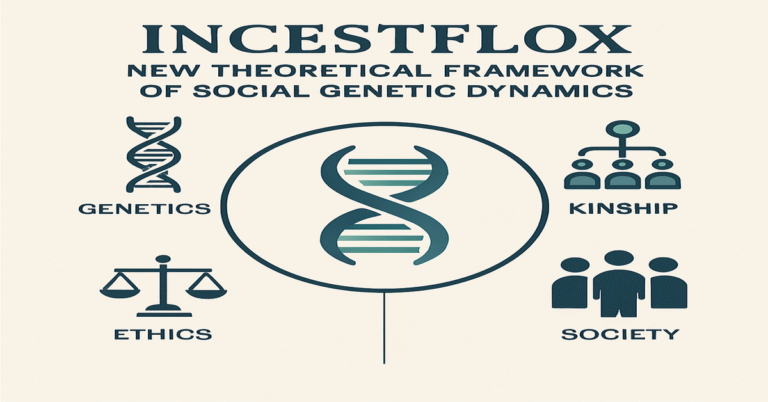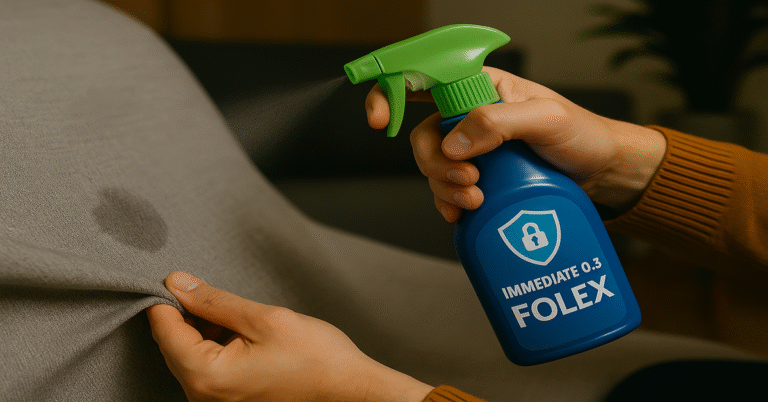eTrueSports iOS App: Ultimate Companion for eSports Enthusiasts
In the rapidly evolving world of competitive gaming, staying ahead of the curve requires not only skill and strategy but also access to the best … Read more
In the rapidly evolving world of competitive gaming, staying ahead of the curve requires not only skill and strategy but also access to the best … Read more

The world of online streaming has experienced rapid growth in the past two decades. Consumers today have countless options for accessing movies and television shows. … Read more

In the evolving world of music and digital creativity, certain names stand out due to their sheer influence and originality. RemixPapa is one such name … Read more

In an age where food, culture, and digital storytelling collide, Meet Team TheWeeklySpoon.com has emerged as a go-to platform for culinary enthusiasts, lifestyle readers, and … Read more

In a digital age dominated by hyper-realistic graphics and massive multiplayer platforms, there is a growing nostalgia for the simplicity, creativity, and magic of retro … Read more

In the rapidly evolving world of technology, new platforms continually push the boundaries of digital innovation. SeveredBytes.net/ stands at the forefront of this revolution, offering … Read more

In the fast-evolving landscape of the internet, where social media and online interaction have become the cornerstones of human connectivity, crypticstreet.com social web emerges as … Read more

In the evolving landscape of theoretical sciences, “Incestflox” emerges as a fascinating conceptual model. Rather than being confined to a narrow interpretation, Incestflox offers a … Read more

In a world constantly evolving with new ideas, concepts, and innovations, “Lillienu” emerges as a term representing transformation, creativity, and futuristic thinking. While its exact … Read more

In the fast-paced modern world, immediate solutions are not just conveniences; they are necessities. Whether it’s spilled coffee on a business suit moments before an … Read more